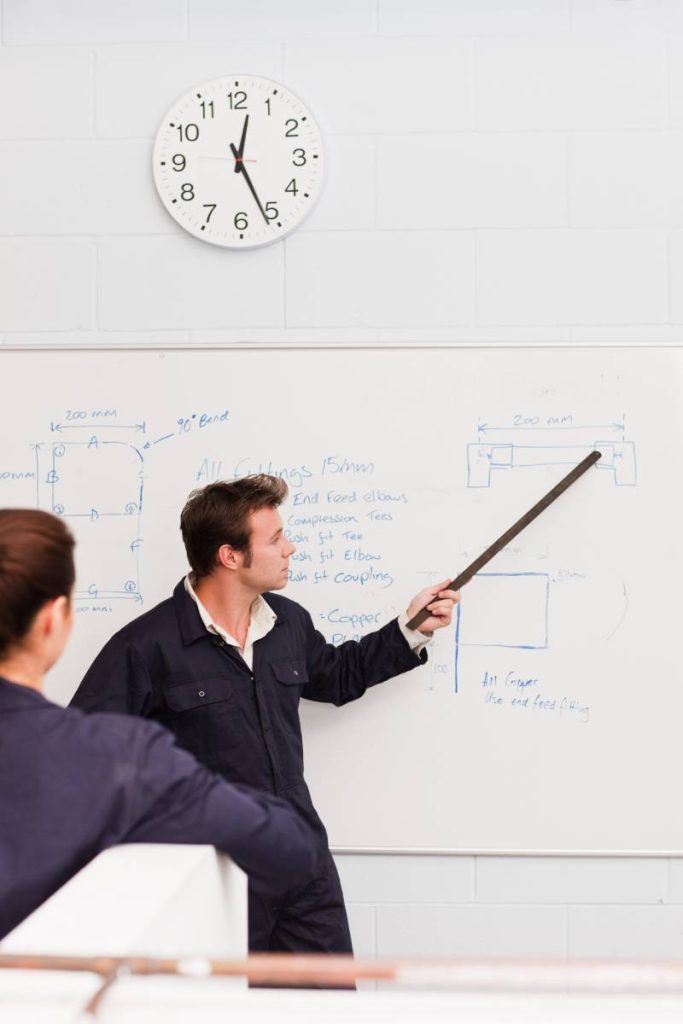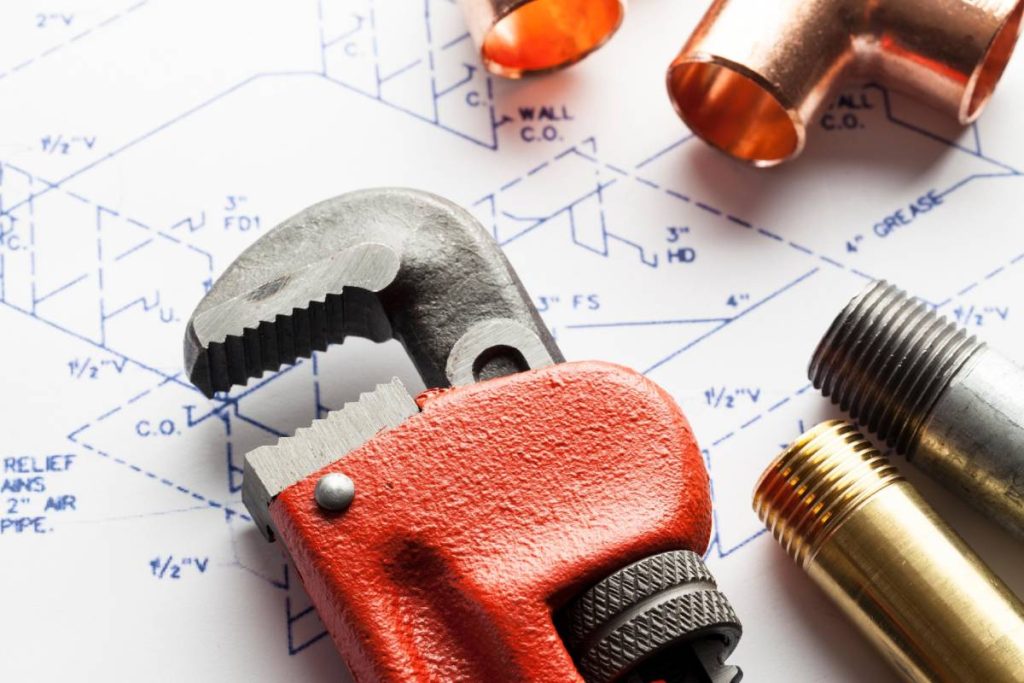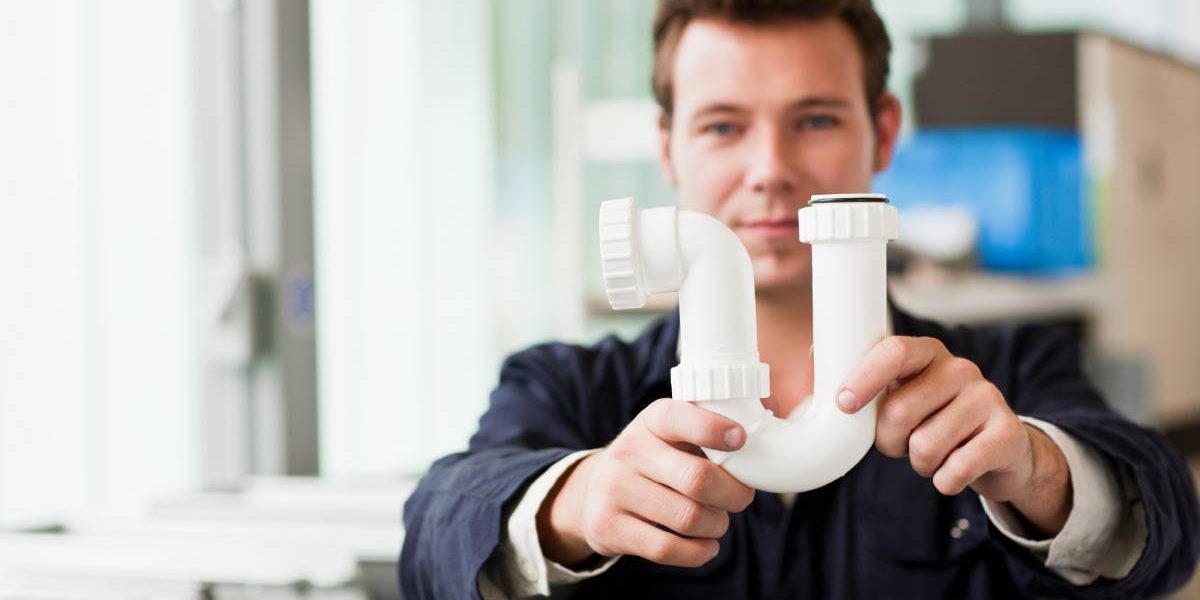Plumbing is crucial for city infrastructure, making it a great career choice not just fixing pipes. People can get a plumbing license through apprenticeships, online schools, technical schools, or community colleges offering vocational training.
The cost of plumbing school varies based on program and school type, tool and textbook expenses, and living costs for those who need to relocate. Prospective plumbers can expect to spend anywhere from $1,000 to $30,000, with the average cost being $3,000 according to UniversityHQ. For those interested in plumbing, it’s important to understand the factors affecting school costs before pursuing this career.
Also read: When Did Dishwashers Become Popular in Australia? How to Tell If Your Dishwasher Needs Repair?
What Factors Determine Plumbing School Costs?
Before applying to plumbing trade schools or online programs, students should estimate the total cost of attending plumbing school. They need to consider tuition fees, which cover the cost of enrolling in the course. Some schools include tools, equipment, and textbooks in their tuition, while others don’t. Students must understand what is covered before enrolling.
Tuition fees can range from $1,000 to $30,000, depending on the program length and school type. Shorter programs (1-2 years) are generally less expensive than full associate degree programs and newly accredited schools might have lower costs to attract students. However, students should research schools thoroughly to ensure they provide quality education.
Program Options and Costs
Plumbing certificate programs, focusing on technical skills, are typically short-term and cost between $1,000 and $3,000. Diploma programs, lasting about 2 years, offer basic training at a higher cost of $3,000 to $10,000. Plumbing associate degrees, the longest and most expensive option, range from 2 to 4 years with costs between $10,000 and $30,000.
Tools and Equipment
Acquiring essential tools is crucial for learning practical plumbing skills. While some schools may include basic tools in tuition, students may need to purchase them independently. Apprenticeships also require investing in tools, with common items including pipe wrenches, pliers, torches, and safety gear.

Textbooks
Textbooks can be a significant expense, ranging from $500 to $1,000 for the entire plumbing program. Some schools include textbook costs in tuition, but students can explore options like buying used or discounted books. Renting textbooks online or sharing expenses with fellow students are also practical considerations. Scholarships and grants can help alleviate the financial burden of tuition, tools, and textbooks.
Additional Expenses and Considerations
In addition to the basic costs associated with plumbing school, several other factors aspiring plumbers should keep in mind. Students must budget for certification and licensing fees, living expenses, and any ongoing education they wish to pursue. Those moving from a rural area to an urban centre for school may also face increased living costs.
Certification and Licensing Costs
Becoming an apprentice, journeyman, or master plumber requires paying certification and licensing fees. Plumbers must also renew their license every 1 to 2 years, with fees varying by state. To obtain certification, individuals must pass an aptitude exam and pay fees ranging from $100 to $500. After certification, they need to apply for a plumbing license, incurring fees from $50 to $300. Renewal fees, ranging from $50 to $200, are required in some states every 1 to 2 years.
Living Expenses
Regardless of the chosen program, students must consider living expenses. This includes accommodation, transportation to and from school, and food. Commuting from home is the most cost-effective option, but for those unable to do so, on-campus housing or nearby apartments may be necessary. Students without access to public transportation may need to invest in a vehicle. Cost-cutting measures include buying groceries instead of dining out.
Location Impact
The school’s location can affect the overall cost of studying plumbing in various ways. Some states have flexible plumbing license requirements, leading to lower costs for plumbing courses in schools located in those areas. On the other hand, states with strict licensing steps may result in higher educational expenses.
Consideration of the area’s cost of living is crucial. Moving to a large urban centre may bring increased expenses for rent, food, transportation, and other services compared to a rural hometown. Students planning to relocate for their studies should research local prices before making the move.
Continued Education
After finishing an apprenticeship and obtaining a journeyman plumber license, individuals can choose to stay at this level or pursue a master plumber certification. Master plumber certification typically involves classroom education and 2 to 4 years of hands-on experience under a licensed master plumber.
Opting for further education incurs additional tuition costs, but with a journeyman plumber’s salary and stable employment, these fees are usually manageable. Even for plumbers not pursuing a master plumber license, some states may mandate continuing education courses, costing around $50 to $200 per course.
What Options for Plumbing Education?

Becoming a certified and licensed plumber involves choosing the right path, and the cost of plumbing education varies based on that decision. Understanding the types of plumbing schools can help individuals make informed choices about their careers in plumbing.
Community College
One option is studying at a community college, a cost-effective route with a plumbing certificate program priced at $1,000 to $3,000. Those pursuing a full associate degree at a community college may incur costs ranging from $10,000 to $30,000. The average tuition at a public community college is approximately $3,500 per year. Some locations offer low or no-cost tuition for residents, making community college an affordable option for those eligible.
Online Plumbing School
Online plumbing school programs, a newer option in the industry, come with a wide cost range of $2,000 to $10,000. The quality of education varies, so it’s crucial to choose accredited schools with a good reputation among local employers and successful alumni. Online courses are convenient for students unable to commute daily, allowing them to work and study at their own pace. However, hands-on training with local professionals is advisable for a well-rounded learning experience.
Plumbing Apprenticeship
The most affordable way to enter the plumbing profession is through a plumbing apprenticeship program. In this setup, apprentices work under a master plumber and receive compensation instead of paying for their education. This arrangement makes it easier to cover living expenses while actively working toward a journeyman plumber license.
Individuals who have completed high school or earned a GED can become apprentice plumbers by taking an initial aptitude test and finding a master plumber to study under. During the apprenticeship, they gain hands-on experience in the plumbing industry and may also attend classes to enhance their knowledge. After completing the apprenticeship, finding a full-time job with a reputable plumbing service becomes more accessible.
Trade School
A common choice for high school graduates is enrolling in a trade school program, also known as a technical or vocational school. These schools focus on specific careers, including plumbing services, electrician programs, pipe fitter programs, and more.
Typically lasting about 2 years, a plumbing student can earn a certification or diploma from a trade school. The relatively short time to completion is a significant advantage, although students need to budget for the associated costs, which usually range from $1,000 to $7,500 for a trade school plumbing program.

What are the Advantages of Choosing Plumbing School?
While apprenticeship programs are effective for plumbing careers, opting for a reputable and accredited plumbing school ensures a comprehensive education. Plumbing schools introduce students to diverse plumbing systems and guide them toward specialized areas within the field.
Flexibility
Studying at a plumbing school offers flexibility, allowing students to choose the courses needed for graduation. Typically, schools provide day and evening classes, enabling students to create schedules around part-time jobs and other commitments. Online plumbing schools take flexibility a step further, allowing independent study at one’s pace. Students receive course materials with a suggested study pace and recommended completion timeline. After finishing assignments, quizzes, and tests, a final exam assesses their proficiency.
Well-Rounded Instruction
Plumbing schools provide education from experienced instructors with years of industry expertise. These skilled teachers offer guidance in various areas, such as residential plumbing, water heater installation, and drain cleaning. The best schools combine in-class learning with hands-on education, allowing students to practice skills and become familiar with plumbing tools. This environment fosters critical thinking, encouraging problem assessment and successful solution development.
Specialisation
After mastering general plumbing skills, students at plumbing schools can choose specializations, focusing on specific tasks like water heater replacement or boiler installation. Researching specialization demand in their desired work area helps students invest time in a lucrative speciality.
Networking
Plumbing school provides opportunities to connect with peers, collaborate with teachers, and explore job prospects with affiliated businesses and alumni. Interactions in class, group projects, or work-study programs allow students to build a professional network in the plumbing industry. This network can lead to job opportunities, support for starting a plumbing company, or referrals from industry professionals in other trades.











